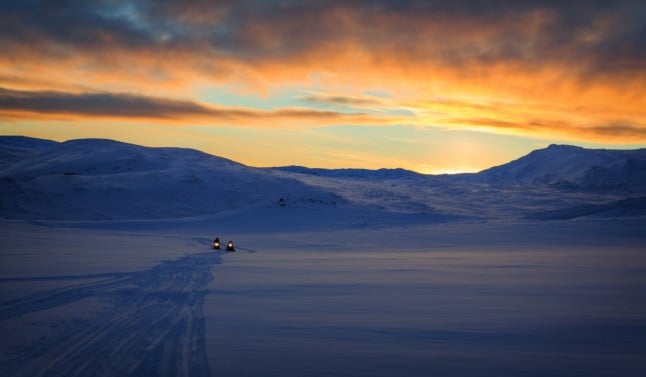Prosecutors in Turin launched the probe following a tip-off from a specialist journal, La Stampa reported.
They carried out tests on 20 of the most popular brands of extra virgin olive oil – the highest quality you can buy – sold across Italian supermarkets and found that the labels on nine of the bottles falsely claimed to be extra virgin.
The other four producers suspected of commercial fraud are Coricelli, Santa Sabina, Prima Donna and Antica Badia.
The companies have allegedly flouted the strict rules governing the production of extra virgin olive oil, a process which is expensive and time-consuming.
But despite the complicated production procedures, extra virgin olive oil is an easy product to tamper with, making it extremely difficult for consumers to taste the difference.
Chemical tests are supposed to be carried out by producers before the highly-demanded product can be labelled and sold as extra virgin.
Italy’s Ministry of Agriculture, Food and Forestry last year seized €10 million worth of fake olive oil as part of a food fraud crackdown.
“We’re closely following the investigation,” Agriculture Minister Maurizio Martina said.
“For months we have been strengthening controls, particularly in view of last year’s poor harvest. It is important to protect consumers as well as the thousands of honest olive oil producers.”
SEE MORE: Like a virgin: how to spot fake Italian olive oil



 Please whitelist us to continue reading.
Please whitelist us to continue reading.
Member comments